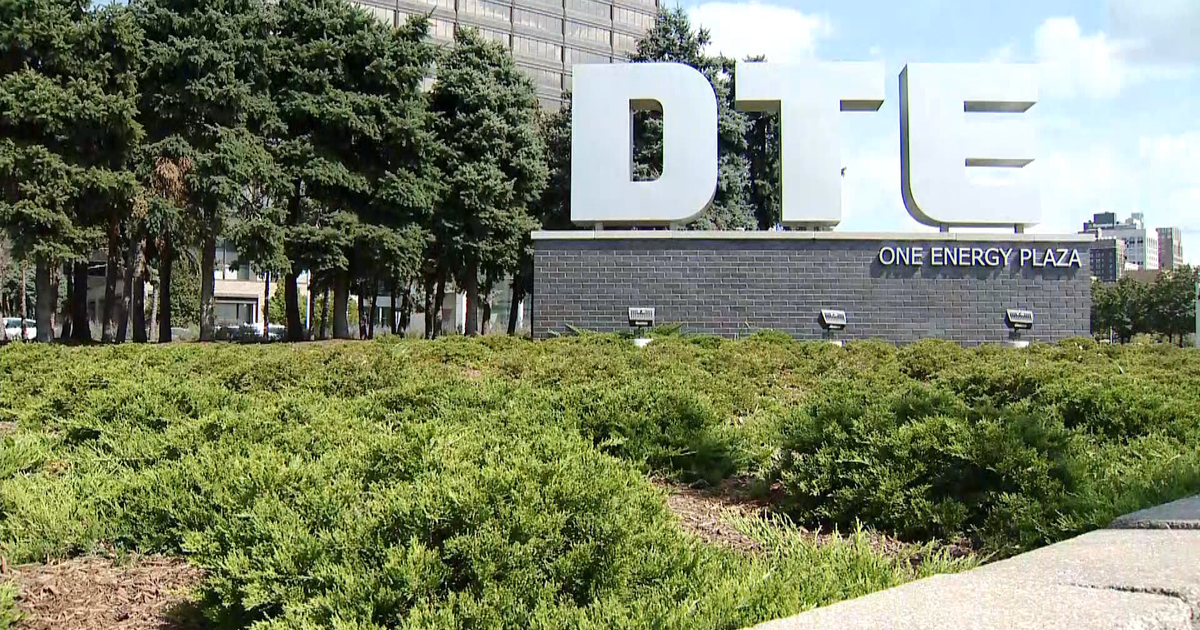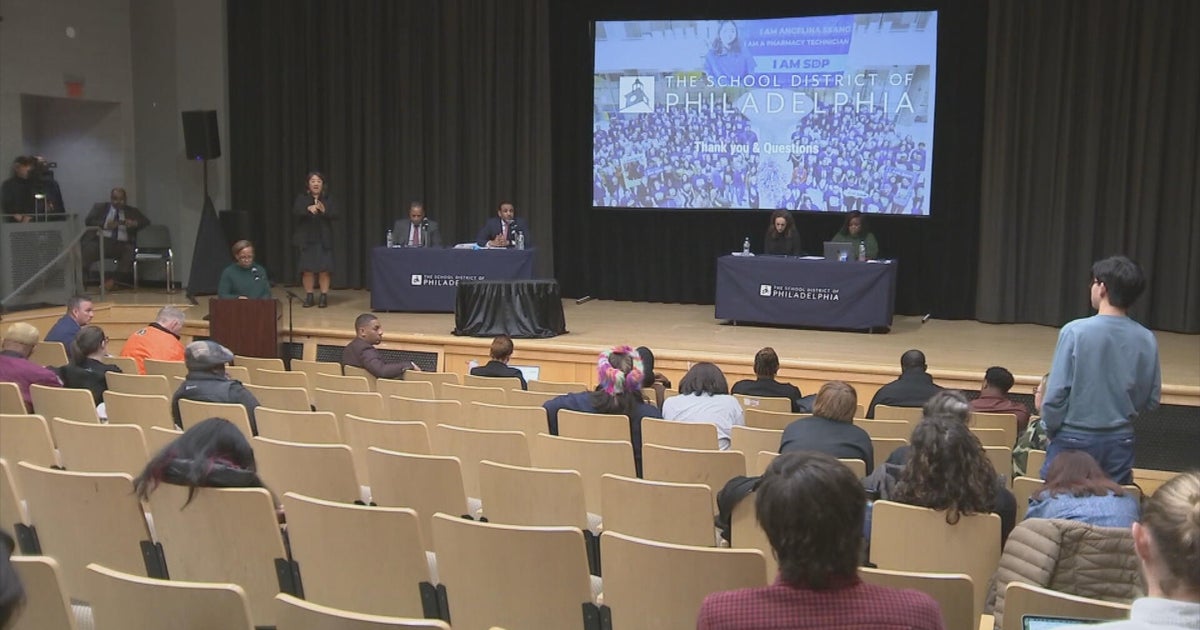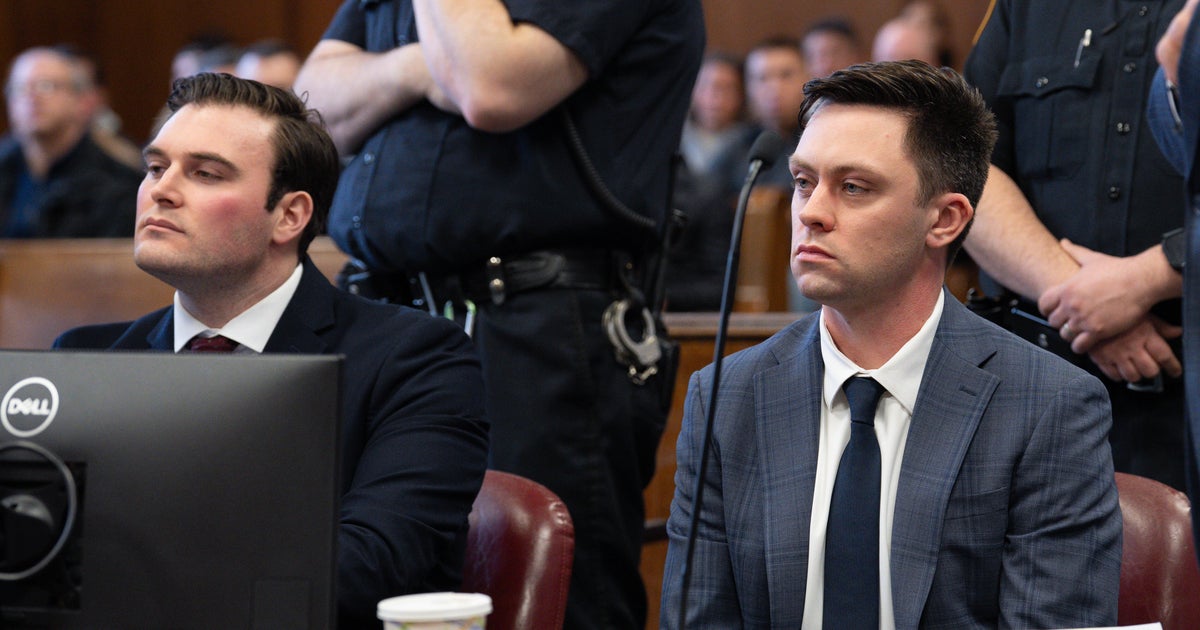Maryland Equitable Justice Commission shares 18 recommendations to reduce incarceration rates
BALTIMORE -- The Maryland Equitable Justice Commission (MEJC) approved 18 recommendations for agency reforms, data collection and other measures to reduce incarceration rates in the state.
MEJC is a collaborative made up of 40 members from the government, private sector and the community along with two academic partners. The group was formed by Maryland Attorney General Anthony Brown and Maryland Public Defender Natasha Dartigue in 2023.
"These recommendations are a crucial first step in making our State fairer, and safer, for all. Just as this crisis has harmed Black communities for decades, our efforts will impact Maryland families for generations, helping them heal from the trauma of mass incarceration," Attorney General Brown said.
According to the group, Maryland has the highest percentage of Black people in its prisons when compared to the general population.
Black Marylanders make up about 30% of the state's population, and 71% of people incarcerated in state correctional facilities are Black residents, according to MEJC.
The group's 18 recommendations are aimed at tackling issues that have contributed to Maryland's high incarceration rate and racial disparities in the legal system.
MEJC shared the following 18 recommendations:
- Conducting a statewide assessment to find gaps in crisis response systems and developing ways to improve use and expansion of alternative models
- Passing legislation to end non-safety-related traffic stops, enhancing data reporting requirements, and re-examining the use of consent searches to reduce unnecessary interactions with police
- Measuring the impact and success of cognitive behavioral theory training programs and mandating that all police officers in Maryland receive the training
- Analyzing each step in the criminal legal process to understand the impact of racial and geographic disparities in Maryland's prison population
- Developing and adopting a sentencing pilot using a needs-based approach in collaboration with the Division of Parole and Probation in at least two Maryland counties
- Reducing unnecessary pretrial confinement by changing the district court discovery rules so prosecutors must give discovery to the defense within a reasonable timeframe, allowing defendants to waive their right to a bail review hearing
- Developing a pilot program to improve access to trauma-informed mental health treatment for incarcerated people
- Incentivizing primary care physicians to conduct Adverse Childhood Experiences screenings with follow-up interventions
- Increasing the number of people eligible for earlier parole consideration due to serious medical conditions and having reached an age where they no longer pose a threat to public safety
- Enhancing the transparency and consistency of parole decisions by allowing access to the materials and justifications used in decision making; developing clear guidance on factors impacting release; and identifying steps incarcerated people can take to improve their chances of release
- Piloting an Emerging Adults Program to create protocols for community building and intensive services to improve post-release success
- Expanding and improving community-based re-entry programming by creating protocols to share the specific needs of people who are incarcerated; collecting data on the effectiveness of re-entry programs; and ensuring that all state facilities offer re-entry services
- Expanding access to Second Look laws that empower judges to reduce or modify sentences under specific conditions
- Conducting a comprehensive study on the financial obligations imposed on individuals under probation and parole and their impact on successful re-entry
- Addressing the rising criminalization of in-school behavior by tracking school-based arrests and revising criminal justice policies
- Amending school attendance requirements to allow justice-involved youth to complete high school through the GED process
- Limiting the automatic charging of children in adult criminal court
- Reviewing the training requirements of judges to ensure that their decisions are supported by knowledge of implicit bias, cultural competency, adolescent brain development, and trauma







